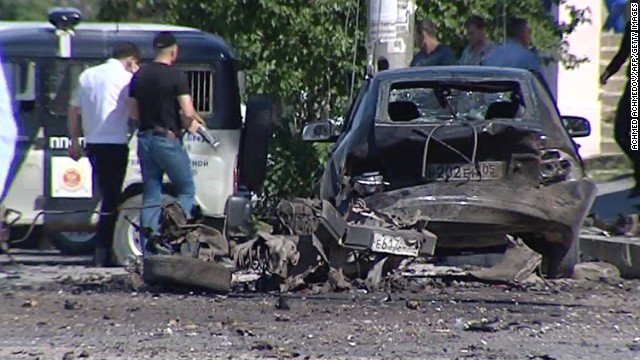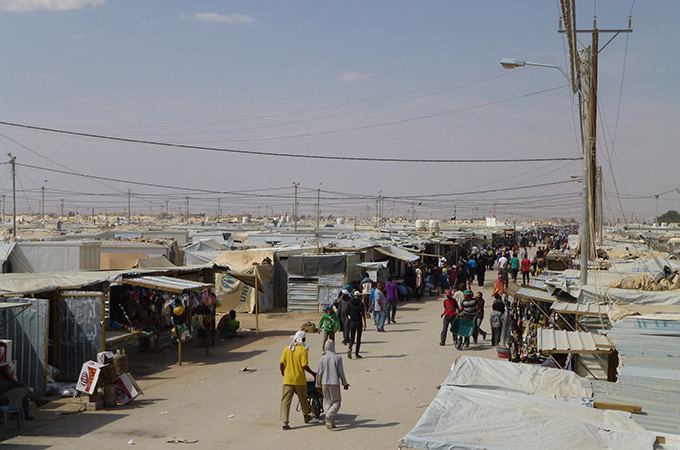Press Release
22 May 2013 – German authorities have refused to grant William Browder, the leader of the global campaign for justice for Sergei Magnitsky, safe passage to Germany from a politically motivated Russian arrest warrant, resulting in the cancellation of the European Magnitsky Law event, scheduled in Berlin on 27 May 2013.
In the latest development concerning the Magnitsky sanctions, the German government has informed the event organisers that Germany is not able to guarantee the safe passage of Mr Browder to Berlin, in light of the recent actions from the Russian government who are seeking assistance from police worldwide to “locate” Mr Browder in retaliation for his campaigning for sanctions on Russian officials.
William Browder was a keynote speaker at the ‘Time for European Magnitsky Law’ event, on the invitation of European Parliament deputy Kristiina Ojuland, and the Institute for Cultural Diplomacy. The event was to be held in Germany next week within the framework of the Symposium on Cultural Diplomacy & Human Rights 2013 (www.bhrc.de), which has freedom of expression on the agenda.
“It is remarkable that the German authorities, who have refused calls to sanction Russian officials responsible for torturing and killing 37-year old Sergei Magnitsky, are now effectively sanctioning the person fighting for justice for Mr Magnitsky. By doing so, the German authorities are, for all intents and purposes, becoming an accessory to the Russian cover-up of Magnitsky’s killers in Europe,” said a Hermitage Capital representative.
The actions of the German authorities are in contrast to actions from the UK, Belgian and Norwegian governments, who undertook not to act on political and abusive requests from the Russian government in relation to Mr Browder.
For further information, please see:




